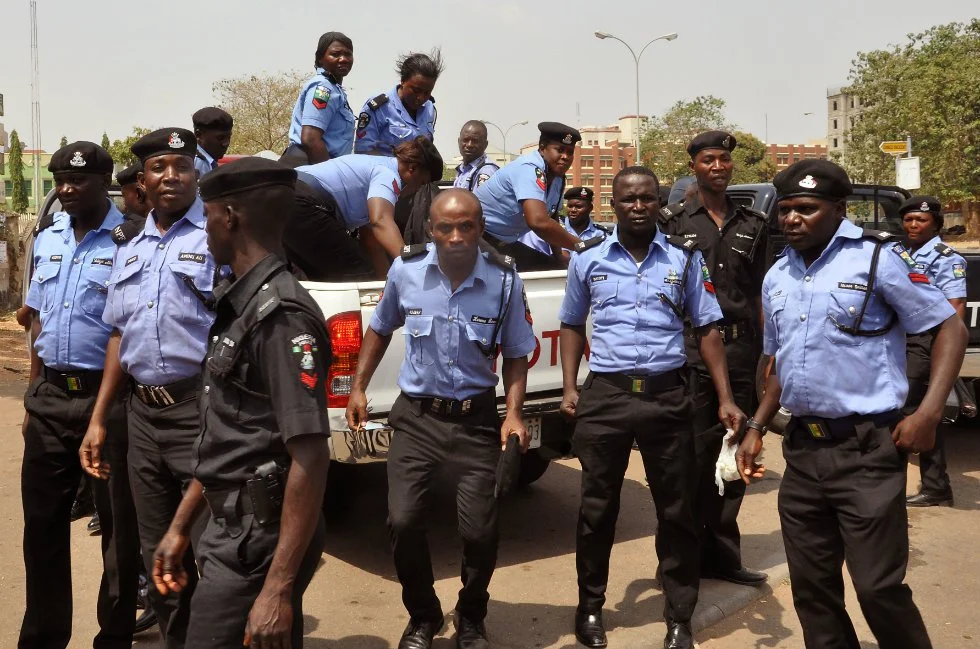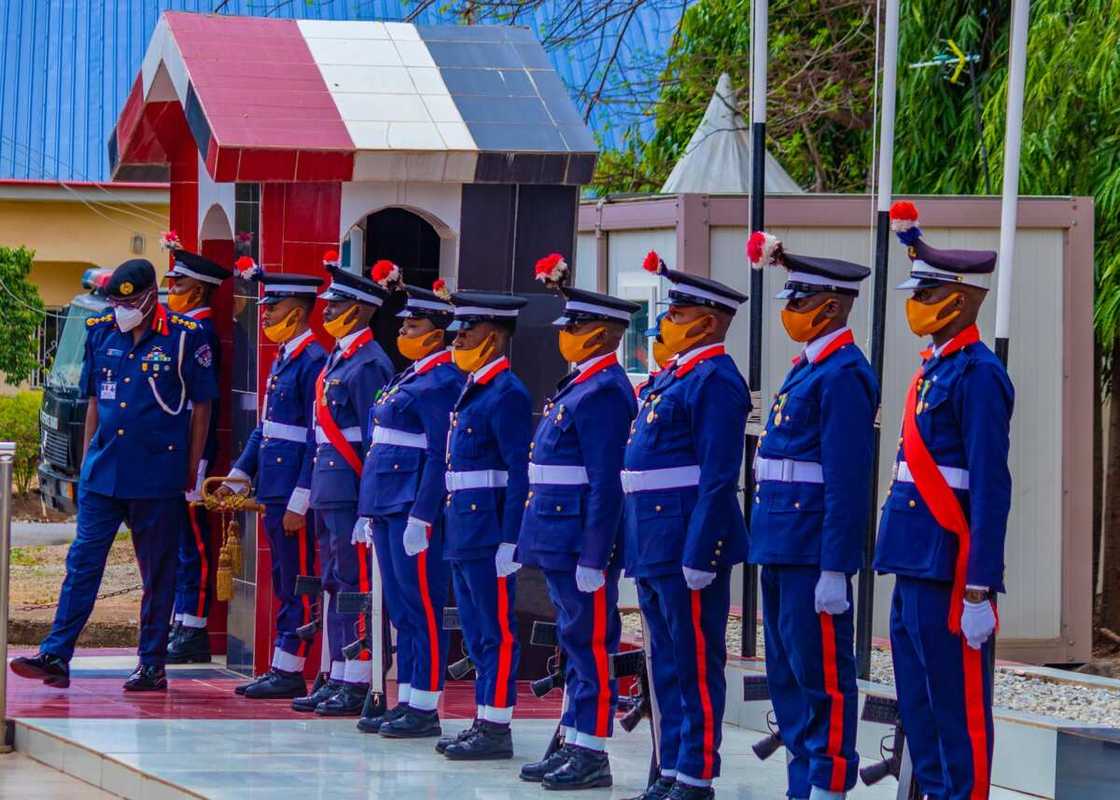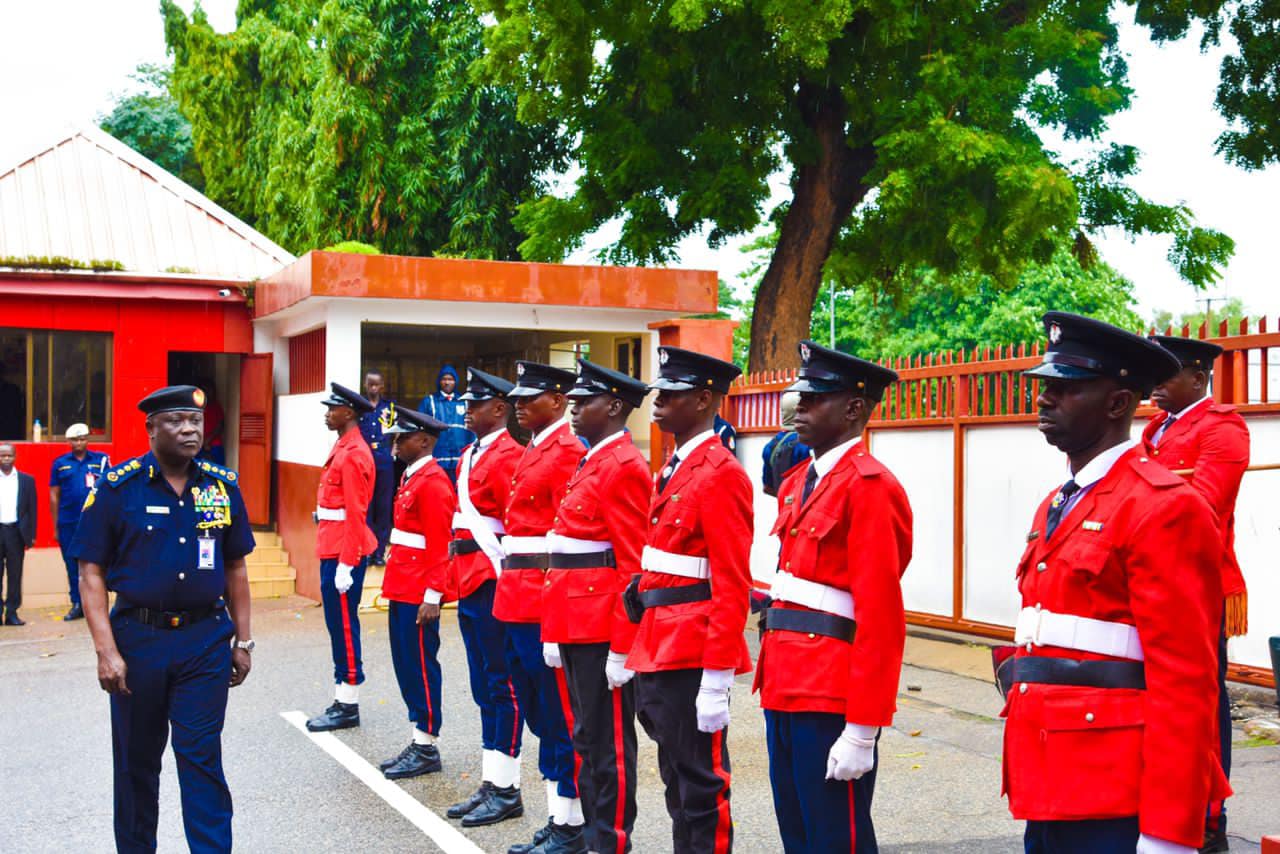Understanding the differences between the Nigeria Police Force (NPF), the Nigeria Security and Civil Defence Corps (NSCDC), and the Federal Fire Service (FFS) is crucial for anyone interested in public safety, security, or emergency services in Nigeria. These three government agencies are tasked with distinct but sometimes complementary responsibilities that keep communities safe, prevent disasters, and maintain law and order.
This article provides an in‑depth comparison of the roles, responsibilities, organizational structures, and mandates of the Nigeria Police, Civil Defence, and Fire Service. It will also address their similarities, differences, and how they work together.
By the end of this guide, you will clearly understand which agency does what, how they operate, and how their duties affect the daily lives of Nigerians.
Introduction: Why It’s Important to Know the Differences
Many Nigerians wrongly assume these agencies have overlapping duties or that they can report the same problem to any of them. However, each agency has specific legal mandates. Knowing which agency to contact during particular situations can save lives, property, and time.
For instance:
-
A fire outbreak should be reported to the Federal Fire Service.
-
A violent crime like armed robbery should be reported to the Nigeria Police Force.
-
Protection of critical infrastructure like pipelines is a job for the Civil Defence Corps.
Let’s examine these agencies closely.
Overview of the Three Agencies
Nigeria Police Force (NPF)
The NPF is the primary law enforcement body in Nigeria, responsible for enforcing laws, maintaining public order, and protecting life and property.
Nigeria Security and Civil Defence Corps (NSCDC)
The NSCDC is a paramilitary agency focused on safeguarding critical national assets, disaster response, and providing security for civilians during crises.
Federal Fire Service (FFS)
The FFS handles fire prevention, firefighting, rescue operations, and public fire safety education across Nigeria.
Roles and Responsibilities of the Nigeria Police Force
The NPF operates under the Police Act and has a wide range of duties aimed at maintaining law and order. Below are its primary responsibilities:

1. Enforcing Laws
-
Ensuring compliance with Nigerian laws.
-
Investigating and prosecuting offenders.
2. Crime Prevention and Detection
-
Patrolling neighborhoods.
-
Running intelligence‑gathering operations.
-
Arresting suspects.
3. Protecting Lives and Property
-
Responding to emergencies.
-
Securing public and private property.
4. Maintaining Public Order
-
Controlling riots and protests.
-
Managing crowds during events.
5. Traffic Regulation
-
Enforcing traffic laws.
-
Managing road safety in conjunction with FRSC.
6. Other Duties
-
Escorting VIPs.
-
Conducting community policing initiatives.
Roles and Responsibilities of the Nigeria Security and Civil Defence Corps
The NSCDC, established under the Civil Defence Act, complements the Police but focuses more on protective and preventive services rather than crime investigation.

1. Protecting Critical Infrastructure
-
Safeguarding oil pipelines, power plants, and water resources.
-
Preventing vandalism of government assets.
2. Disaster Management
-
Rescuing victims during natural or man‑made disasters.
-
Assisting in humanitarian relief efforts.
3. Security Services
-
Providing security to government installations.
-
Assisting during elections and public events.
4. Training and Licensing Private Guards
-
Regulating and training private security companies.
-
Issuing licenses to private guards.
5. Public Education
-
Teaching civilians about safety and disaster preparedness.
Roles and Responsibilities of the Federal Fire Service
The FFS focuses exclusively on fire prevention and emergency response related to fires and other hazards.

1. Fire Prevention
-
Inspecting buildings to ensure fire safety compliance.
-
Educating the public on fire hazards and prevention measures.
2. Firefighting and Rescue Operations
-
Extinguishing fires in homes, businesses, and forests.
-
Rescuing trapped victims from fire or accidents.
3. Emergency Preparedness
-
Conducting drills and simulations.
-
Advising government on fire policies and safety standards.
4. Investigation
-
Investigating causes of fires.
-
Working with law enforcement if arson is suspected.
Key Differences Between the Nigeria Police, Civil Defence, and Fire Service
| Feature | Nigeria Police Force (NPF) | Civil Defence Corps (NSCDC) | Federal Fire Service (FFS) |
|---|---|---|---|
| Main Focus | Law enforcement, crime control | Protection of assets, disaster management | Fire prevention & firefighting |
| Mandate | Police Act & Constitution | Civil Defence Act | Fire Service Act |
| Core Duties | Arrest & prosecute offenders | Protect infrastructure, regulate guards | Extinguish fires, educate public |
| Weapons & Equipment | Armed officers, patrol cars | Armed for specific duties, surveillance | Fire trucks, extinguishers, hoses |
| Uniform Color | Black with blue accents | Cream shirts with black pants | Blue with red/yellow accents |
| Jurisdiction | Nationwide | Nationwide but focused on key installations | Nationwide but fire‑related only |
| Emergency Contact | Police emergency numbers | NSCDC hotlines | Fire Service emergency numbers |
| Training | Police colleges | Civil Defence academies | Fire Service training schools |
How the Agencies Collaborate During Emergencies
Despite their different roles, the agencies often collaborate:
-
During disasters, Police maintain order while NSCDC rescues victims and FFS fights fires.
-
During elections, Police secure polling units, NSCDC guards materials, and FFS ensures fire safety.
-
During major accidents, Police control crowds, NSCDC manages security, and FFS rescues victims from burning vehicles.
Career Opportunities in Each Agency
Nigeria Police
-
Constable
-
Inspector
-
Superintendent
-
Specialist units (e.g., CID, anti‑fraud)
NSCDC
-
Corps Assistant
-
Inspectorate Cadre
-
Superintendent Cadre
-
Commandant
Federal Fire Service
-
Fireman
-
Leading Fireman
-
Station Officer
-
Superintendent
Each agency offers competitive salaries, allowances, and career advancement based on years of service and rank.
Summary Table: Comparing Their Roles
| Agency | Primary Role | Examples of Duties |
|---|---|---|
| Nigeria Police Force | Enforce law & order | Arresting criminals, maintaining peace |
| Civil Defence Corps | Protect assets & assist civilians | Guarding pipelines, regulating guards |
| Federal Fire Service | Fire safety & rescue | Fighting fires, public fire education |
FAQs
1. Can the Police fight fires?
No. While Police may assist in evacuating people during fires, firefighting is the responsibility of the Federal Fire Service.
2. Who guards oil pipelines in Nigeria?
This is primarily handled by the Nigeria Security and Civil Defence Corps.
3. Are all three agencies armed?
The Police and Civil Defence officers are armed for security duties, but Fire Service officers are not armed as their focus is on rescue and prevention.
4. Can the NSCDC arrest criminals?
Yes, but their powers are limited compared to the Police. They can detain vandals and hand them over to the Police.
5. Which agency should I contact in case of a burglary?
You should contact the Nigeria Police Force.
6. Which agency should I report unsafe buildings to?
You should report this to the Federal Fire Service.
7. Do these agencies work together?
Yes. During emergencies and large events, they often coordinate their activities.
8. Are their uniforms the same?
No. Each agency has a distinct uniform reflecting its identity and functions.
9. Who regulates private security companies?
This is the responsibility of the Civil Defence Corps.
10. Do these agencies have recruitment exams?
Yes, each agency conducts its own recruitment exams and training programs.
Conclusion
The Nigeria Police Force, Nigeria Security and Civil Defence Corps, and Federal Fire Service play critical but distinct roles in ensuring public safety, security, and emergency response. While their duties sometimes overlap during crises, each agency has clear mandates that guide their operations.
By understanding their differences, Nigerians can better engage with these agencies, report the right problems to the right people, and even consider career opportunities in the area that best suits their interests.
For updated information, visit the official websites of these agencies or follow their verified communication channels.
